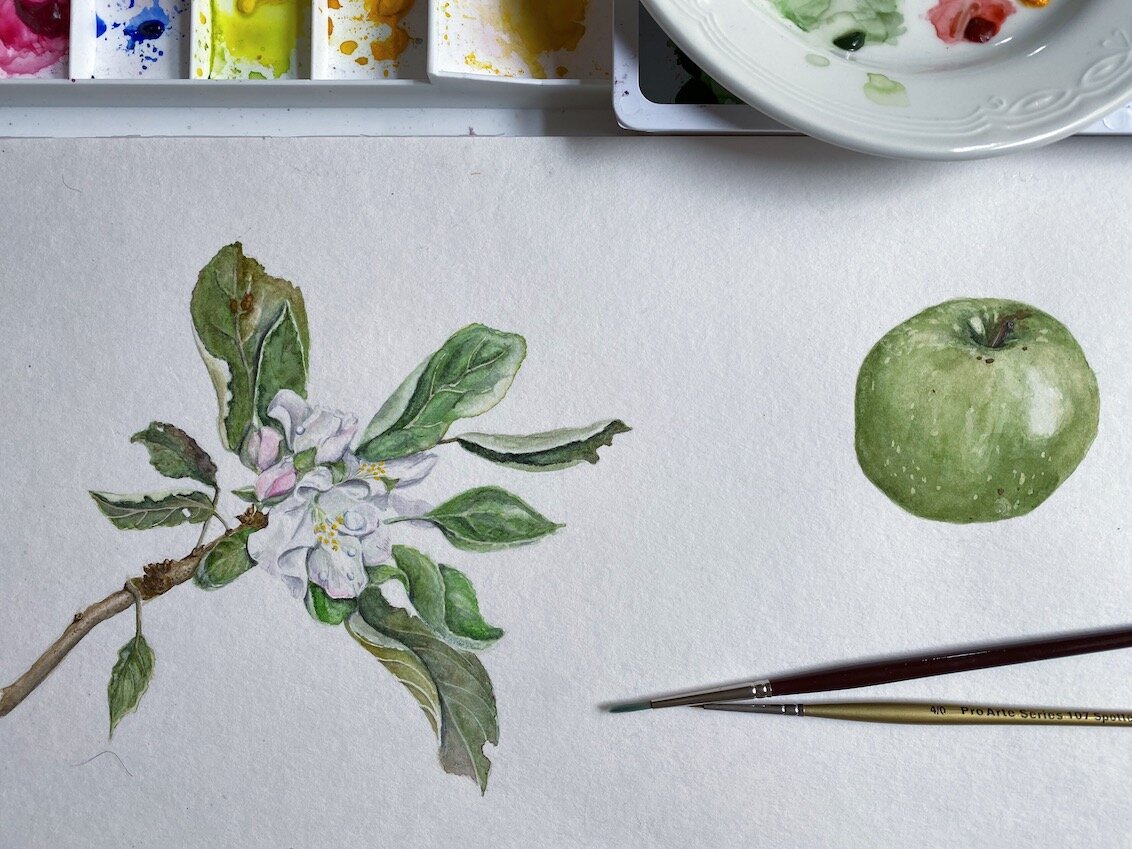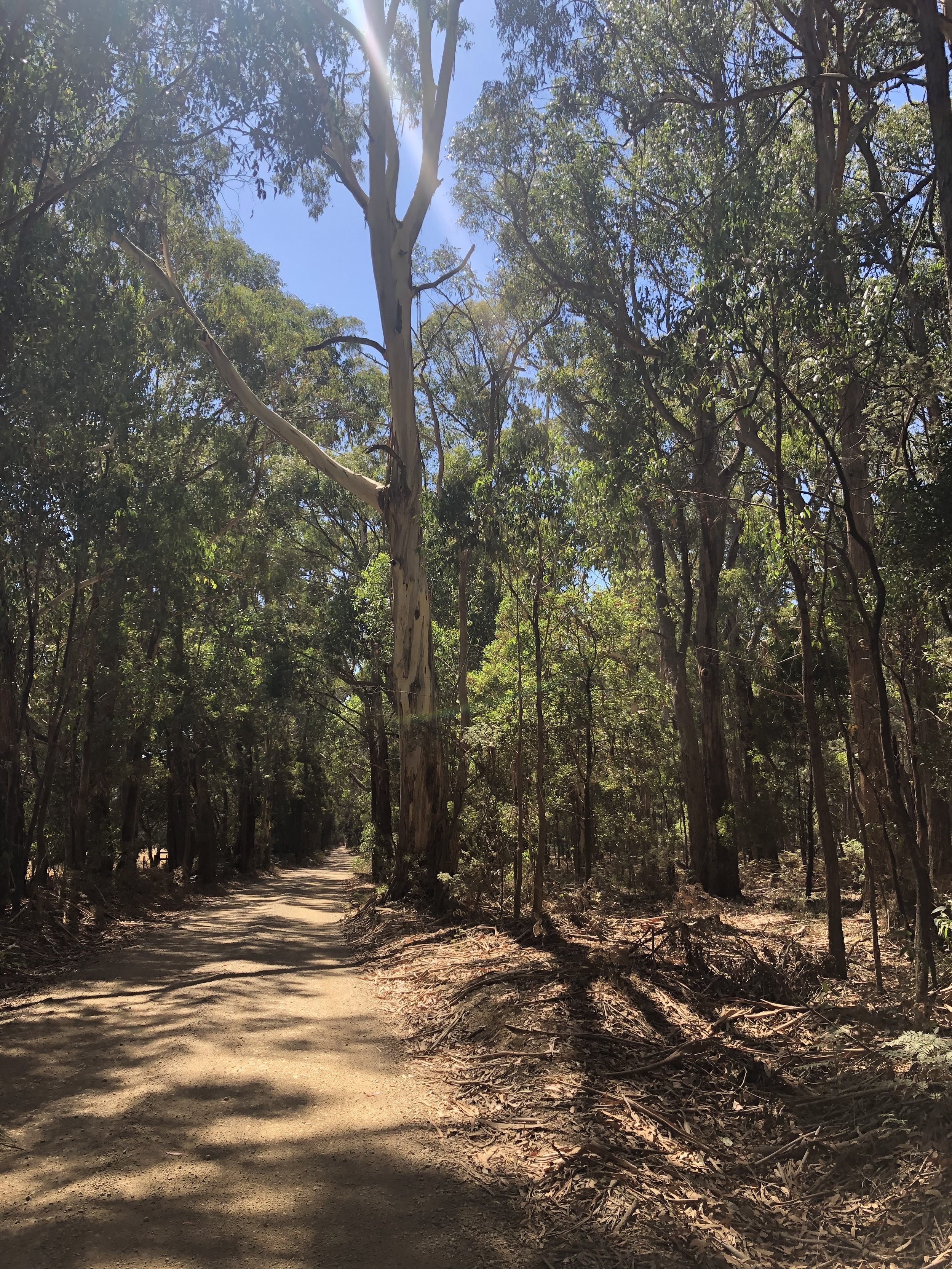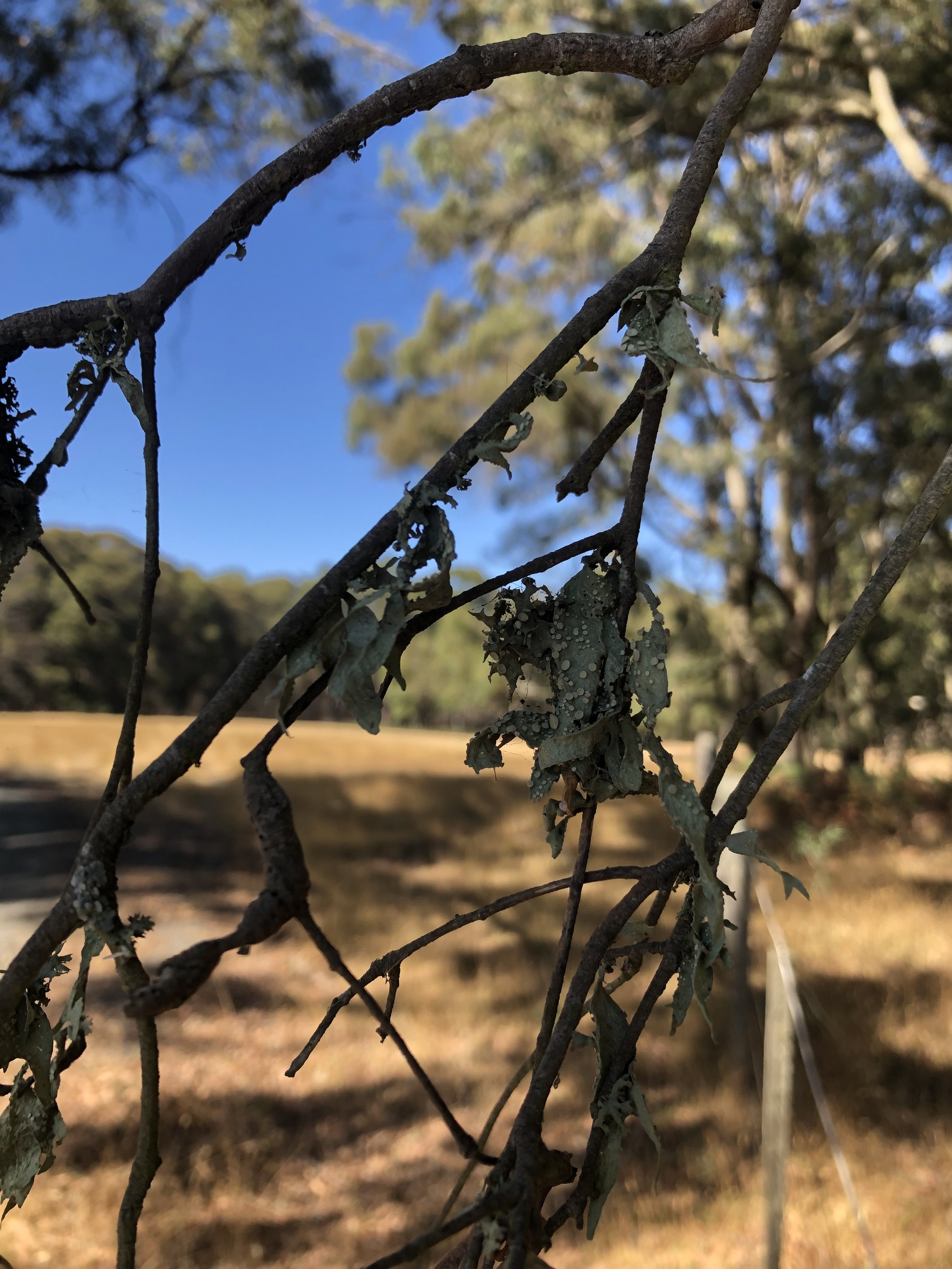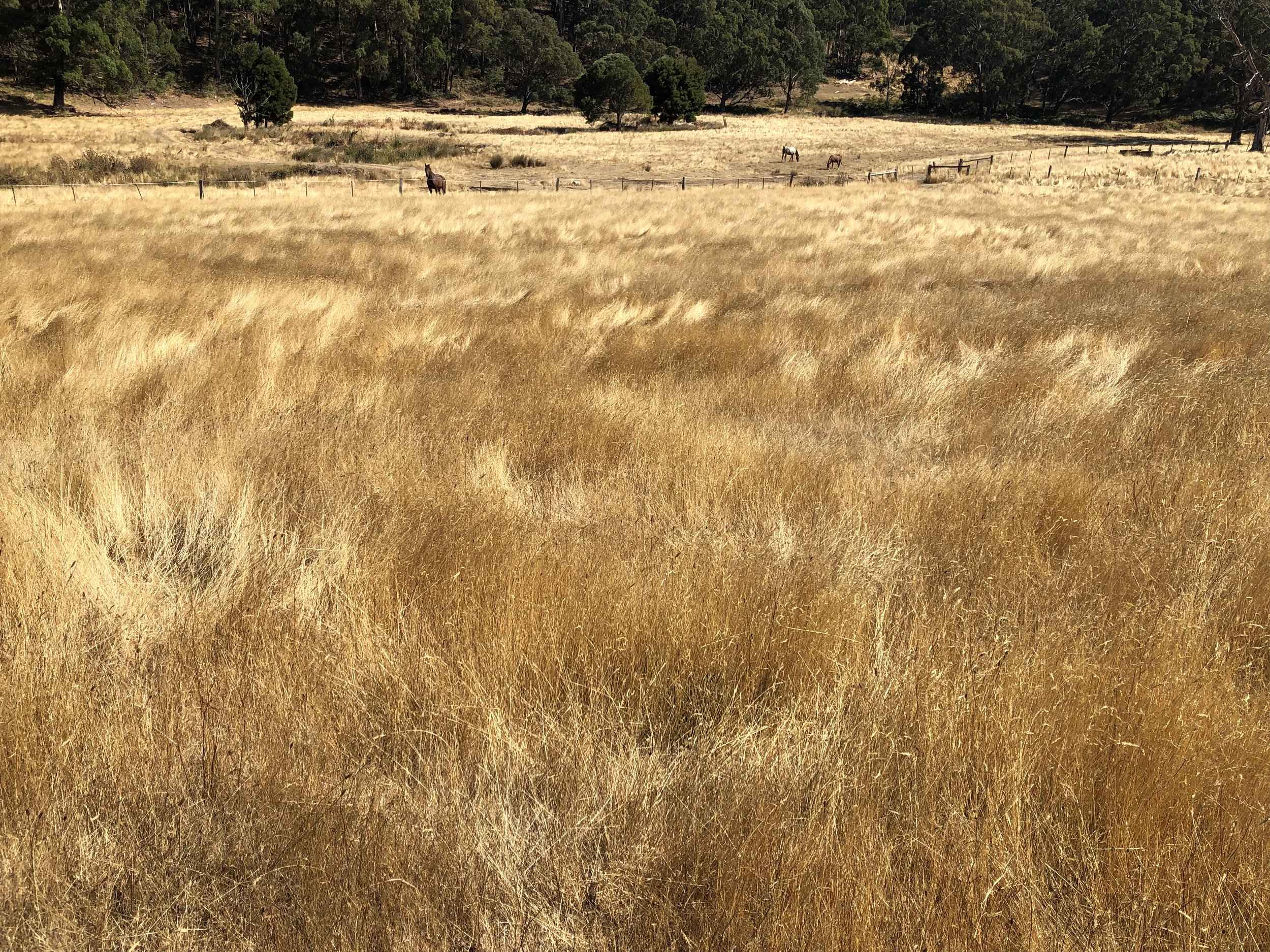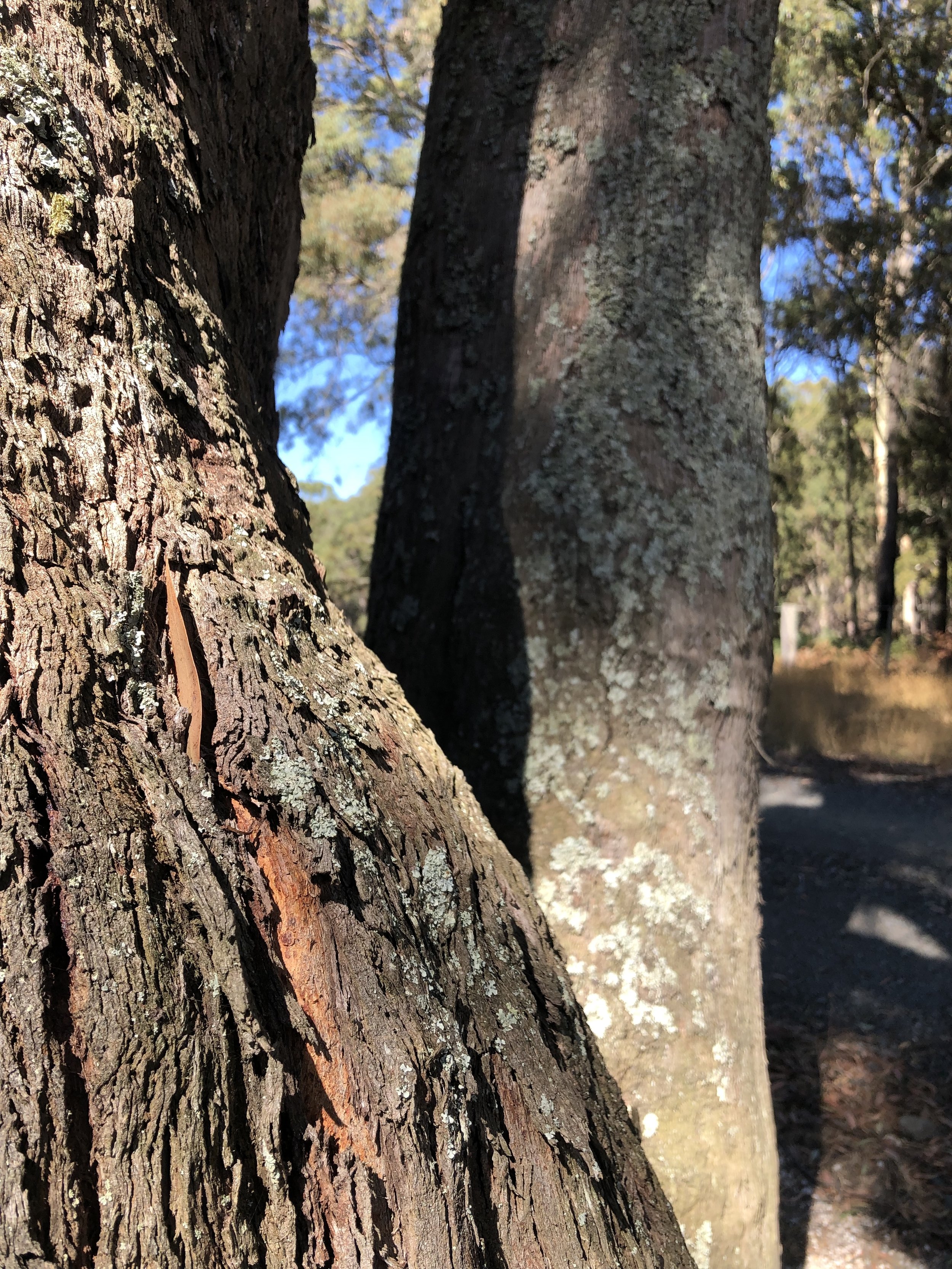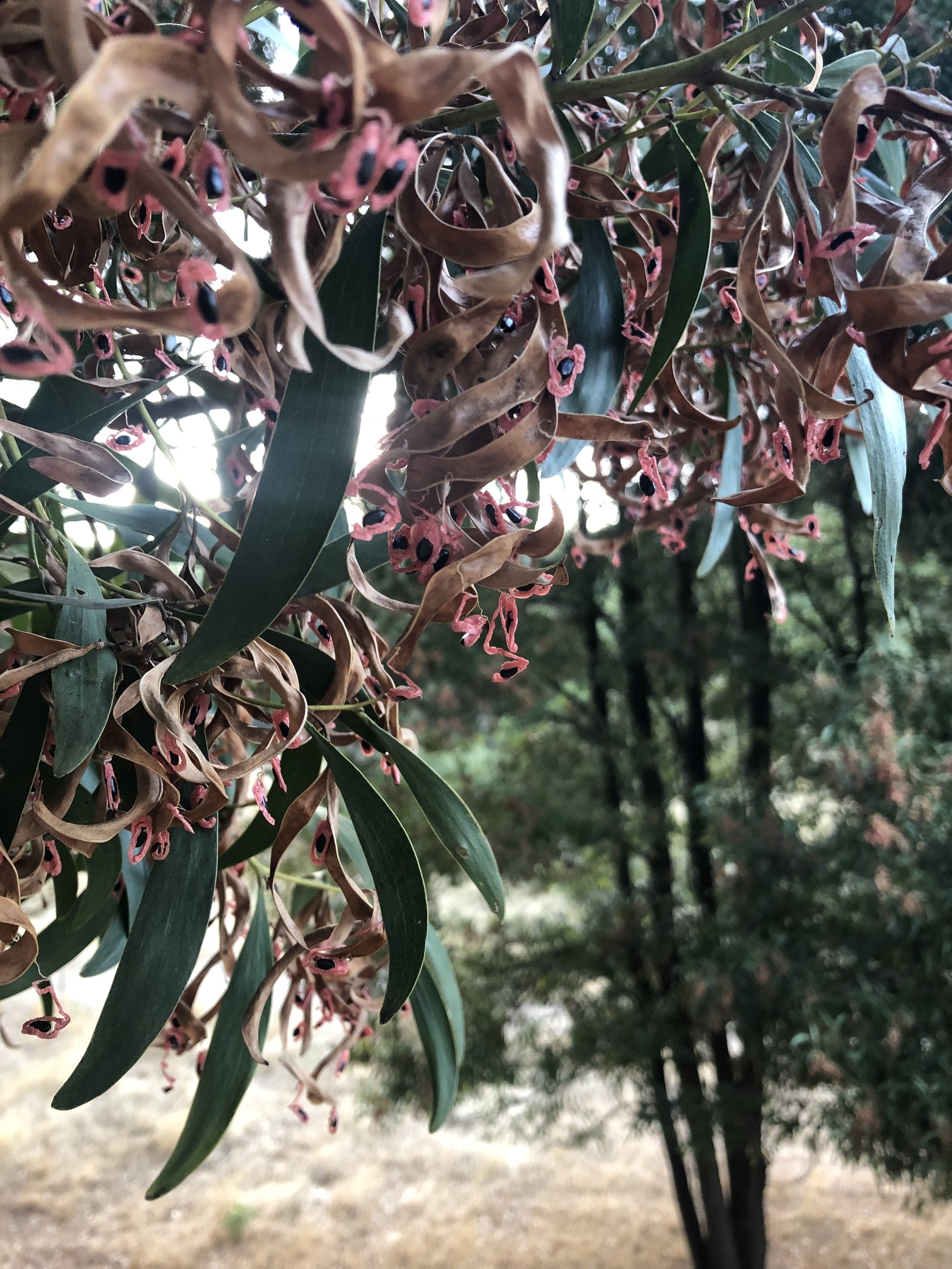
JOURNAL
documenting
&
discovering joyful things
Apples, autumn, and broken hearts
It was a poignant moment. We were out for our daily exercise, the children rolling their scooters through piles of leaves and whorling autumn winds, turning the footpath into a miniature circus maximus (a circus minimus?) for their two-wheeled chariots.
There was a letter for Scout in the post and seeing it reminded me that she had a birthday coming up. (Eight! How did that happen?) And that for once, I’d have to plan ahead, this time relying on the already slow post for any birthday shopping.
I stopped her mid-chariot race and asked her to think about what she might like for her birthday this year (“no promises, but you can always let me know”). “OK!” she agreed, then scooted off again with her brother, no doubt happily dreaming up a wish-list of plastic monstrosities and impractical clothes. I braced myself.
Several more blocks of walking and scooting passed, several more mountains of leaves, but surprisingly, the requests failed to come. “I just can’t think of anything,” she told me at last.
On we scooted, more races, still more leaves, until she circled back to me again. “Mum, I don’t know what I want for my birthday because the only thing I actually want, I can’t have.
“I just want my friends.”
And that right there is how hearts break.
But in happier news…
Lingering autumn sunshine at the start of this week enticed us back out into the garden, where I cut, trimmed and coaxed all that was end-of-summer and overblown back into order, ready for the winter sleep. I lifted out the dahlia tubers, cut back the salvia, pulled out the over-zealous wild violets, gently pruned the standard roses and ruthlessly pruned the climbing roses. Out came the elderberry suckers, finished sunflowers and dried-up cosmos. In went the sprouted celery-bottom, a winter tarragon, and a neat row of garlic cloves.
All of the above was completed in stages, in between me being escorted away in gentle but no-uncertain terms by the bees, all of whom appeared to be knee deep in a case of autumn-mania. They’d permit me to dig and cut for only so long, before one would start circling my face, buzzing and nudging until I hot-footed it back to the house. There I’d hesitate in the shade of the balcony, calling out futilely, “You’ll thank me in the spring!” before venturing, inch by inch, back to the garden bed. Ten minutes later, we’d start the whole parade all over again.
When the bees permitted, I discovered the first spikes of daffodils, bluebells or snowflakes - I’m not sure which, it could be any combination of the three - peeping up from among the fallen leaves, harbingers of future colour.
A day or two earlier, on the weekend, Scout and I had walked to CERES in what was frankly freezing rain. It was such a pleasant walk together despite the weather, holding hands and chatting about everything and nothing. Once there we picked up a new pair of gardening gloves for her (which she wore home to ward off the cold wind), and a dibber for me, which was the point of the excursion. And here is a great mystery: why is it that as I hurtle towards my fifth decade on this planet, I have only just now purchased a dibber for planting bulbs?
Every year, putting those bulbs down has been an arduous, time-consuming task, trying to dig holes with a spade, deep and narrow, while not disturbing the roots of any surrounding plants. But yesterday, I put down 20 white bluebells, 10 snowflakes, 5 spare tulips, 10 allium drumsticks, and 10 nerines (all unplanned, Edna Walling style, by gently tossing small handfuls in the air and planting them wherever they landed). It probably took me less than half an hour to plant the lot, with zero disruption of the roses or any other pernickety plants nearby. Thank you dibber, my new best friend.
I’ve been researching a big list of seasonal produce, and painting them as I go. The biggest insights so far have been just how little I know.
Take apples, for example. Apples are autumn fruit and we probably all know that. Even I knew that, so I didn’t think there would be lessons to learn about eating apples in season. But I was wrong! Because here in Australia, apples are available all year ‘round, in both the supermarkets and all the fruit and vegetable shops. Even at the fruit and veg markets. And I’ve never really thought about where they are coming from but, if you’d asked me, I’d probably have hazarded a guess that Australia has a (relatively) moderate client, and it’s big, so the apple season lasts longer and spreads across several months in several States.
As it turns out, no.
The apple season lasts a couple of months at most. And here’s something I should have known but didn’t: once the apples are picked, the ‘bloom’ (the natural wax on them) is blasted off, to be replaced by a new wax made up of either shellac - secretions made by lac beetles - or carnauba, which comes from Brazilian palm trees. Then the apples are put into cold storage for up to a year. That apple you buy in December has probably been sitting in the ‘fridge since April, and may or may not be coated in beetle secretions.
Anyhoo, we all get to choose how we shop and what we eat, and I’m not immune to the fact that there is an enormous amount of privilege in me making that statement. But my point is, no judgement! Eat the December apples, don’t eat the December apples. Wax on, wax off, Daniel-san. But isn’t it nice to make choices that are informed? In the future I’ll be keeping one eye on my research, and the other on the calendar to find out when the farmers’ markets reopen, redoubling my efforts to shop direct from the growers.
And in the meantime, the winds have picked up. The autumn leaves are falling. Let’s play!
Ode to doing nothing
In the beginning, the silence is uncanny. You can’t hear anything at all, not at first. But you have to let yourself go completely still.
Then you realise there are birds in the distant trees. Nearby, a cicada calls. Then the wind picks up and trees begin whispering to one another, and now you can hear the creaks and cracks that are the growing pains of the ancient bush. Hidden rustlings of secret creatures, the crunch of bark underfoot, the hum of something winged buzzing just past your ear.
And you realise the silence is actually a cacophony, and that the empty landscape is a crowd.
We have been staying on a friend’s farm, in the Macedon mountain ranges about an hour outside Melbourne.
The fields at the moment are, appropriately, autumnal gold. They might be the freshly-shorn fields of an autumn harvest, but then again they might just be the visible remnants of a brutally hot summer. Either way they are, undisputedly, gold. And more beautiful than you could imagine.
Smooth gusts of wind make patterns in the grass in gold and sand, as though unseen gods are passing by and gently stroking their hands over the grass. As perhaps they are.
In the afternoon I take a walk through the trees and then sit down amid the grass to listen to the wind. One of the horses in the bottom paddock spots me and nickers hopefully, wanting carrots. I’m empty handed, but I walk across to him and stroke his soft nose, then bend and breathe into his nostrils, the way I was taught to do with horses when I was a child.
His earthy, honey-breath is achingly familiar, and I feel a stab of love for my own beautiful old horse, Starbrow. Did you know that horse-breath smells like honey? I used to sit in the grass in our own paddock as a teenager, and Starbrow would wander over to pass the time. I’d breathe in his honey-breath, and stroke his nose until his eyelids drooped and he fell asleep on his feet, with his head in my lap.
Those were days in my life when sitting still meant actually doing nothing. I wasn’t multitasking, I didn’t carry a phone, and I didn’t even own a laptop. The only ‘data’ I was consuming was the touch of the wind on my bare arms, the sound of lorikeets bickering in the trees behind us, the sandpaper prickle of the bracken where I sat, and the scent of this sleepy old horse with his head resting on my crossed legs.
On the weekend, we sat still again.
We sat in the shade of a tree beside the dam, while the children fed about twenty ducks that felt like a hundred ducks, three pushy ‘bin-birds,’ and one very courageous magpie. When the children were all out of food, the ducks retreated to the shade of a willow-tree on a little island, and Scout and Ralph retreated to our spot on the banks of the dam, where we all proceeded to do… nothing much.
Scout leaned against us and methodically worked away on the friendship bracelet she’d been taught to weave by the little girl at the Girl Guides stall at the markets that morning. Ralph emptied the bag of cars he’d purchased for $1 at the same market onto the ground, and began digging a dirt track in which to race them.
And Mr B and I talked. We talked like we so rarely get to talk these days, about nothing, which felt like everything. We told each other stories, shared jokes, made plans, and dreamed dreams. And as the afternoon slowly unfolded it felt as though we were rediscovering each other. Mr B and I are always good friends, but the roles we play throughout the day (our “jobs,” if you want to think about this in career terms) are so different from one another that we can easily go through life feeling more apart than we actually are. But that afternoon under the tree doing nothing was a reminder of how much we shared, in opinions and in ethics and in life, despite our separate daily experiences.
It was a lovely gift, and something we could only have experienced because we gave ourselves permission to do nothing. In that afternoon, I felt a rush of affection for the man I married.
Right now I’m working on an article for a magazine, and it’s about the way that building “white space” into our days can free up our creative ideas and inspiration. Or, to put it in terms I heard at the My Open Kitchen gathering last year, “While ever you are consuming, you are not creating.”
It’s a subject I teach on and a subject I’ve been researching for this article. But sometimes we have to live something, don’t we, before the lesson can move from head to heart. Finally - finally - on the weekend, I stopped. At least for a little while. And I learned my own lesson.
White space - boredom - unplugging - stopping - doing nothing… no matter what you want to call it, it’s the stopping that can kick-start the new beginnings. In creativity, in ideas, in love, and in life.
Wouldn’t you agree?
8 autumn-winter plans

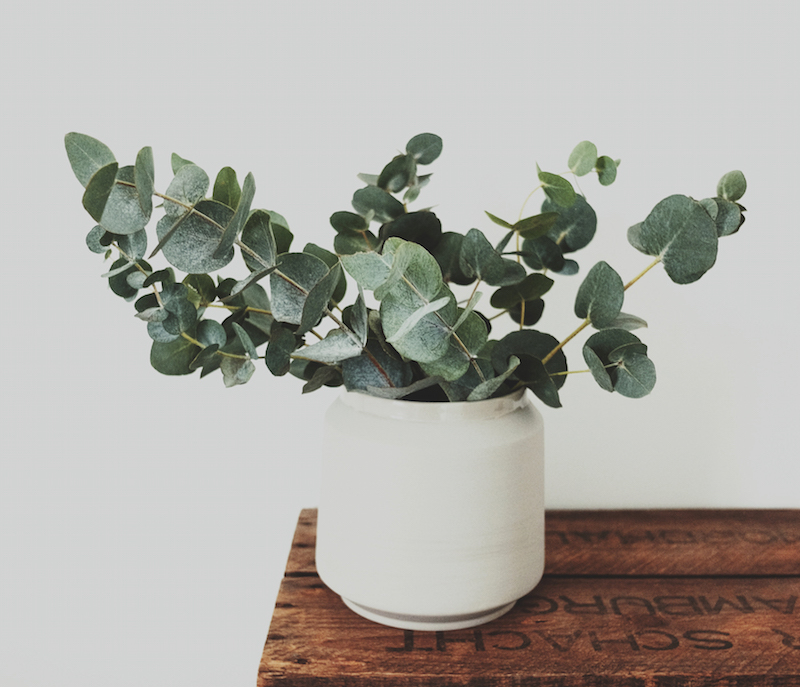

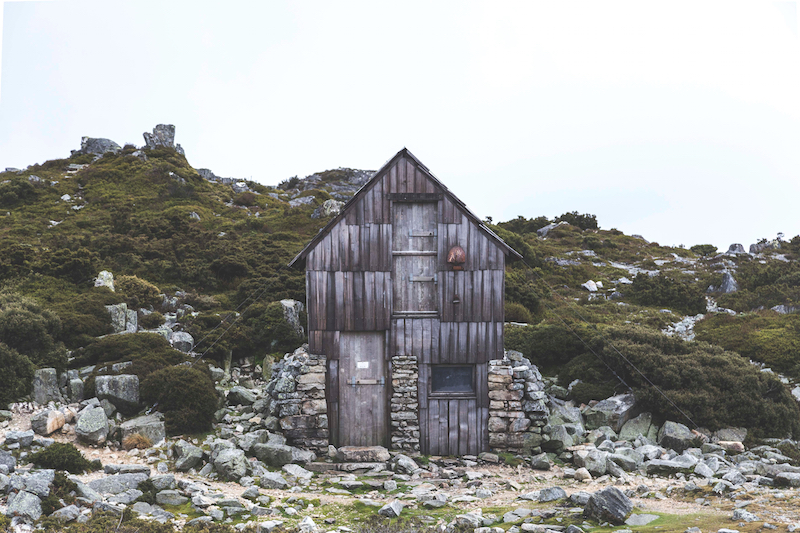
It's no secret that I love winter. I am no friend of heat and humidity, but I love the sting of cold on my cheeks, and the sight of my breath in the air in the morning.
I also love crocheted nanna-rugs, hot chocolates, bed-socks, mac-n-cheese, and flannel shirts. I like hiking up mountains or along city streets without breaking a sweat, the smell of wood fires after dark, candles at dinner-time, and lazy bubble-baths on weekends.
After what felt like the longest summer in the history of all the summers, we are finally seeing the start of autumn. So, just in case this is also the shortest winter in the history of all the winters, I have made some plans to make the most of the cooler months.
1. Learn how to bake bread really well. I've enrolled in a bread-making class at Abbotsford Bakery next month that I'm really looking forward to
2. Take the children to see snow
3. Go bushwalking. Now that the hot weather has gone and the snakes are asleep, I want to get back out among the trees
4. Forage for wild mushrooms in the pine forest. There are guided tours that take you on these foraging missions, to be sure the mushrooms are actually mushrooms, not toadstools. I've been wanting to do this for ages, but nobody wants to come with me. Will you?
5. Take better care of my skin. One of the down-sides to winter is the damage all that dry air and internal heating does to your skin. When I lived in New York, I was great at using scrubs and moisturisers to protect my skin. I'm older now so it's even more important that I make the effort
6. Dig, prune and nurture. I keep a seasonal diary to remind me what needs to happen in my garden. In the coming months, that will mean formwork pruning of some plants, heavy cutbacks to others, sowing some seeds, fertilising, aerating the soil, and applying a thick mulch to protect it
7. Make friends with the slow-cooker. I tell myself I'll do this every year. This is the year!
8. Rug up and have a winter picnic. I'll pack thermoses of hot chocolate or tea, knee-rugs as well as picnic rugs, beanies, and candles or possibly a little campfire. We will find somewhere pretty, and our picnic will look like this
How about you? What are your plans for winter? What should I add to my list?
Image credits: Daniel Bowman // Siebe Warmoeskerken // Annie Spratt // Samuel Scrimshaw
The first of June
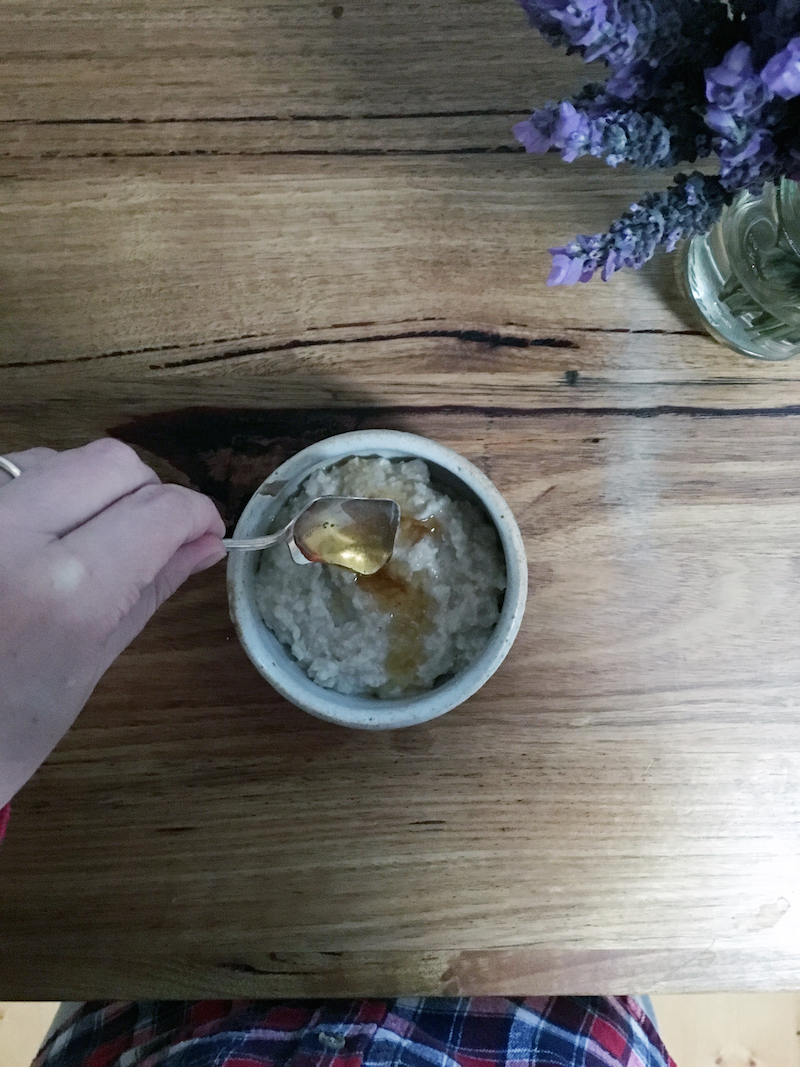
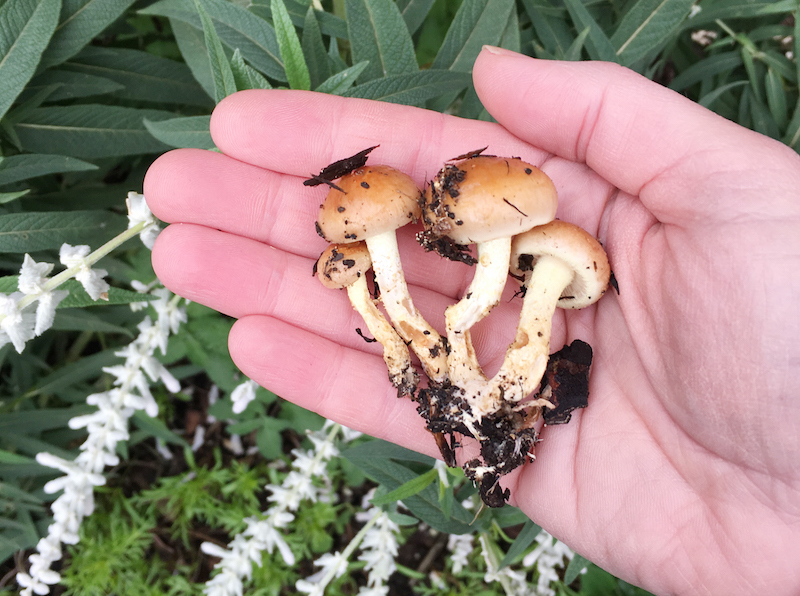
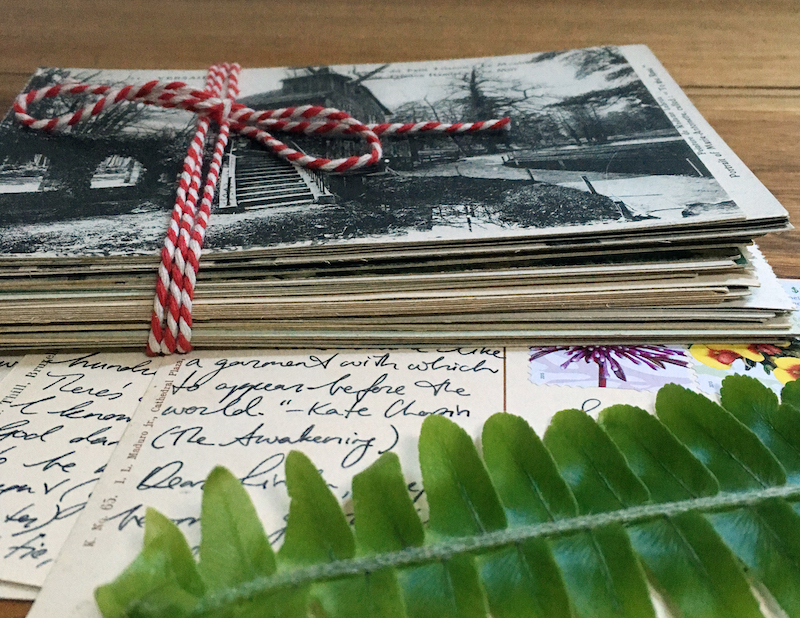
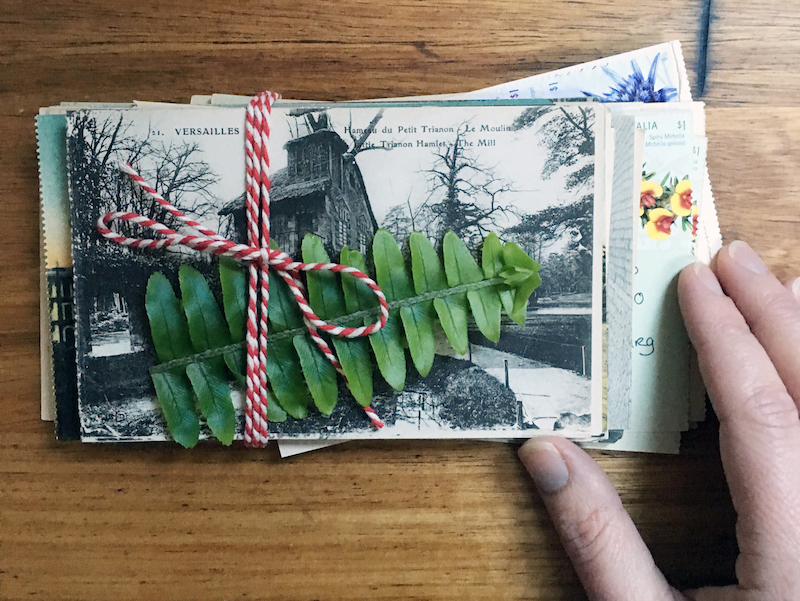
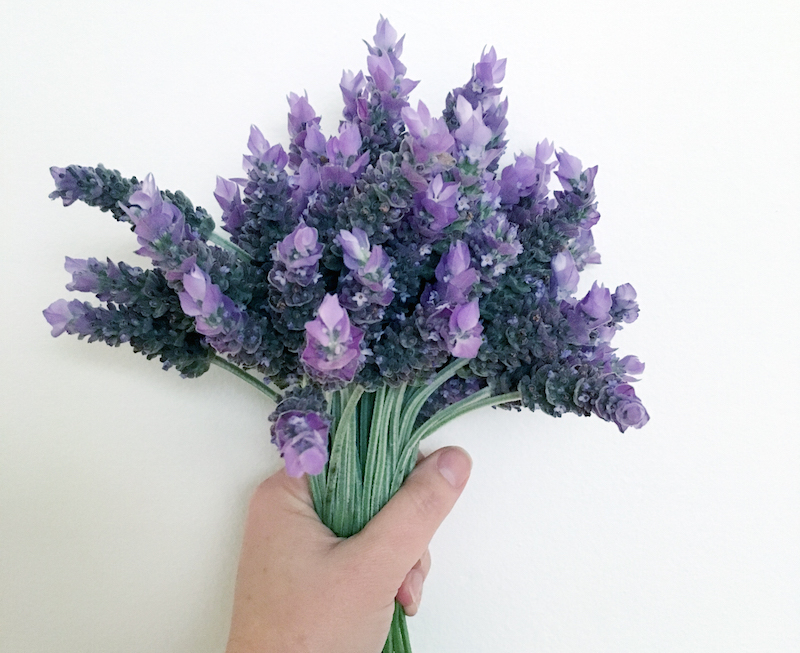
Last night I had a dream that it snowed in Melbourne.
I was awake before the rest of my family and I looked out into the still-dark garden and saw whorling white. Raced upstairs, and woke everyone up. We played in the blanketed garden in our dressing-gowns until we were all wet and frozen, and then came inside for hot baths and hot chocolate.
The mornings are growing colder. My garden is gathering into itself for the coming winter dark, and thick steam from the shower in our cold house has more than once set off an over-enthusiastic smoke alarm.
Comfort-food cravings. Warm, oatmeal porridge in the mornings. Hands wrapped around steaming mugs of tea, cold fingers tingling against hot porcelain.
I return inside from training climbing roses, tending straggly gaura, pruning back salvia, and wash my cold-stiffened hands. Boil the kettle for a cup of tea. Sit down to write another postcard, and make tiny envelopes out of century-old transparent paper.
(Smells like old books).
All in good time
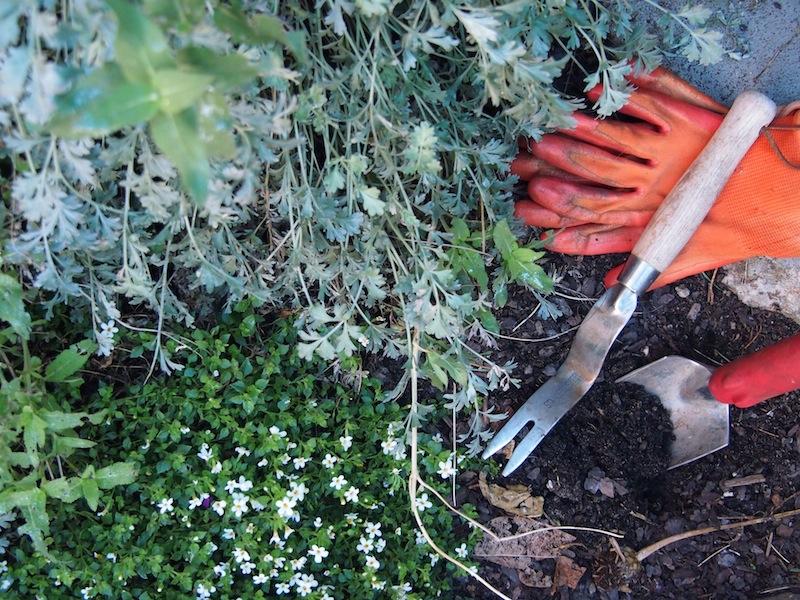 Pulling out towering, still-flowering cosmos, taller than my head. Shaking the soil from the roots. Lopping dead flowers and seed-heads from a hundred different plants, tossing them into the garden bed to nestle and rest and seed to grow again another season.
Pulling out towering, still-flowering cosmos, taller than my head. Shaking the soil from the roots. Lopping dead flowers and seed-heads from a hundred different plants, tossing them into the garden bed to nestle and rest and seed to grow again another season.
Cutting away the dead and decomposing once-green things that had suffocated beneath the cosmos’ enthusiasm. Gently tending, trimming, clearing, watering, anything that had somehow survived in the floral dark. Training the climbing roses up and over fence and pole, and cutting back the potato-vine, inviting flowers.
Tending, training, trimming, trusting. It is a precursor to the big winter cut-back, settling the plants for rest and eventual rejuvenation. The autumn harvest, the garden clean, planting and sowing for fresh new blooms in spring.
And in life, the closing off of long-worked projects, the handing over of harvest, a preparation for hard-earned rest (learning to say no!) and hopes of new growth to begin again. All in good time.
Scout says Ralph says
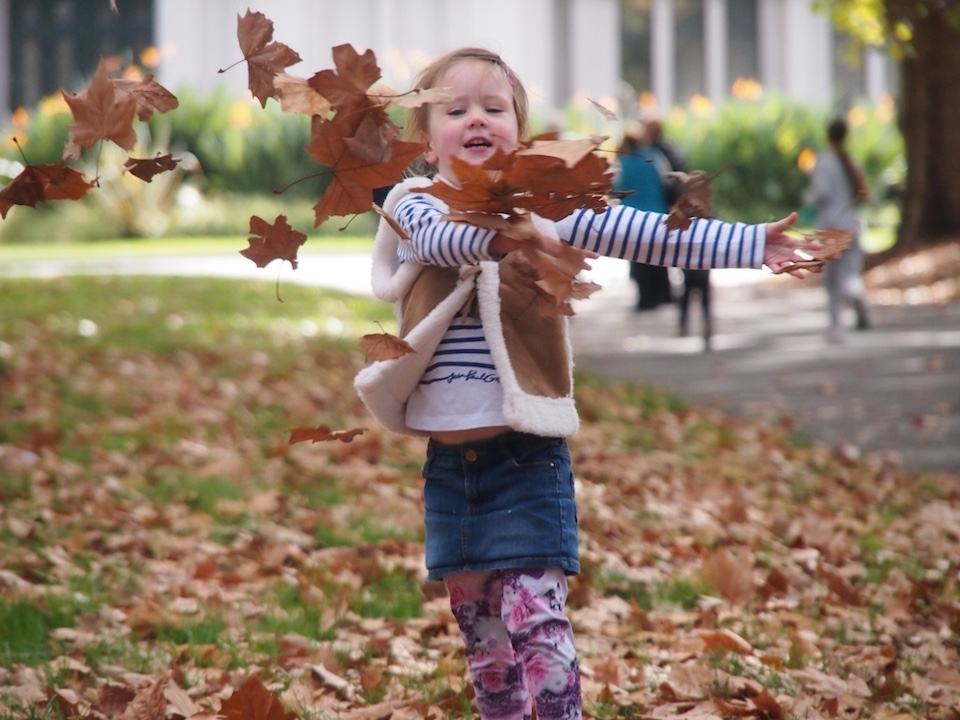
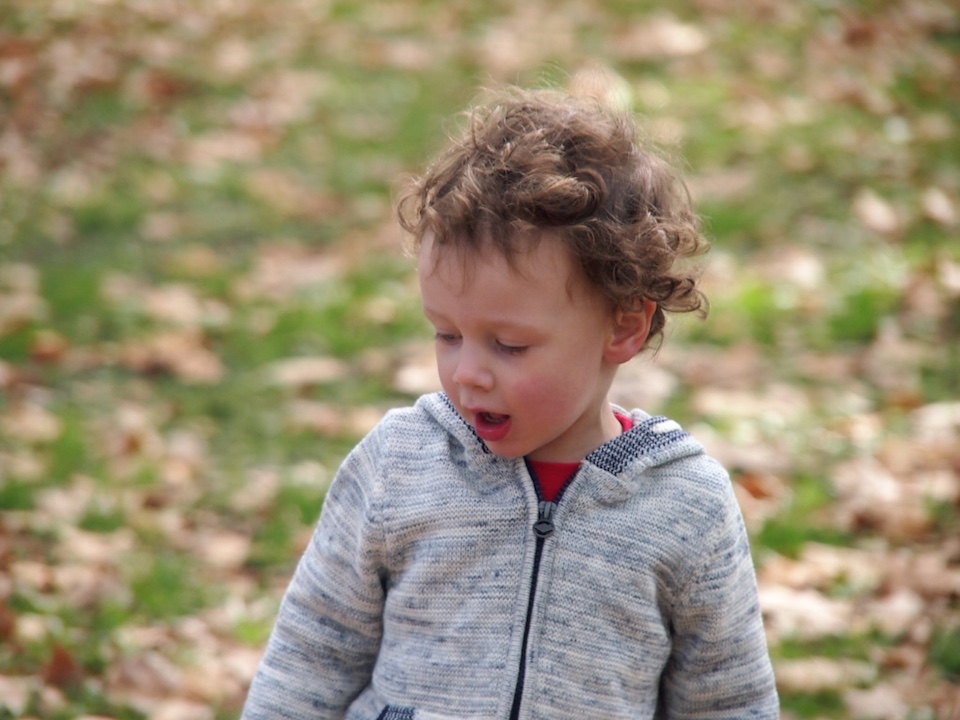
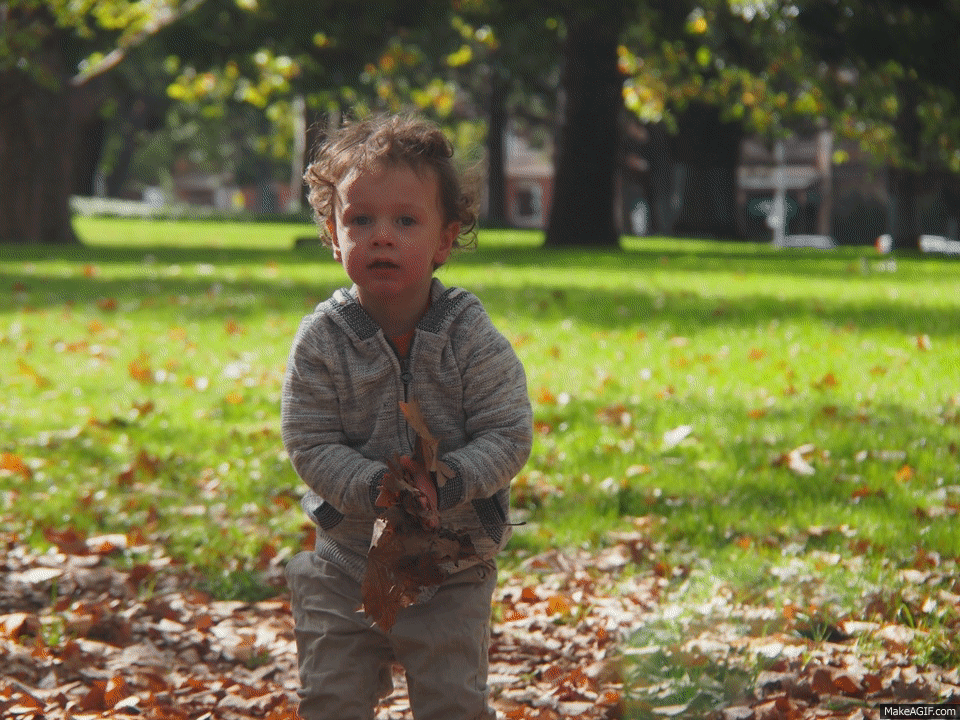
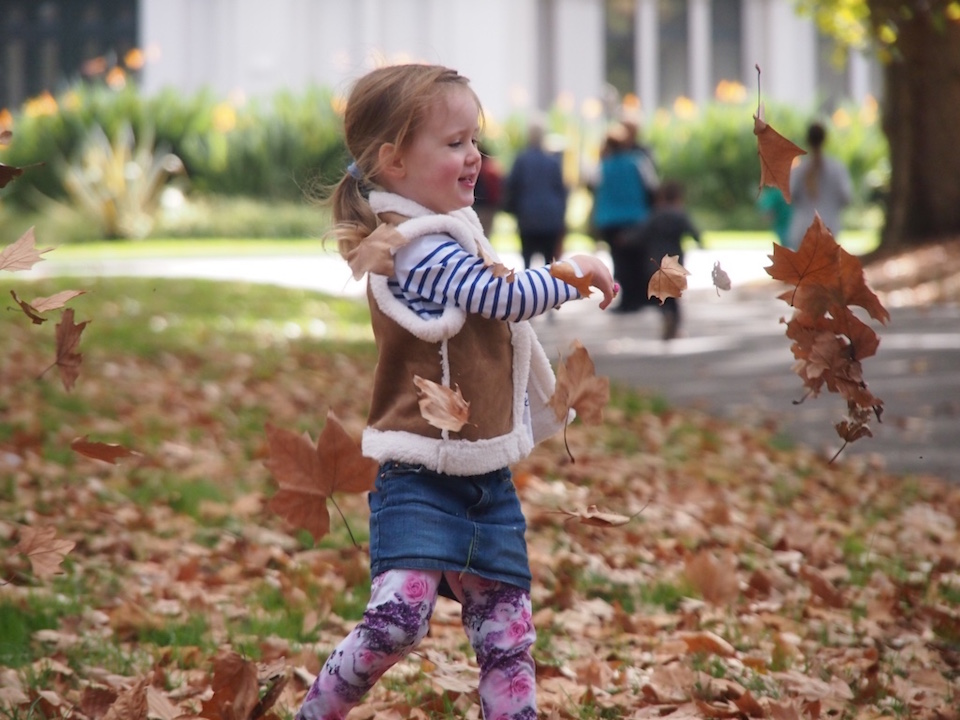
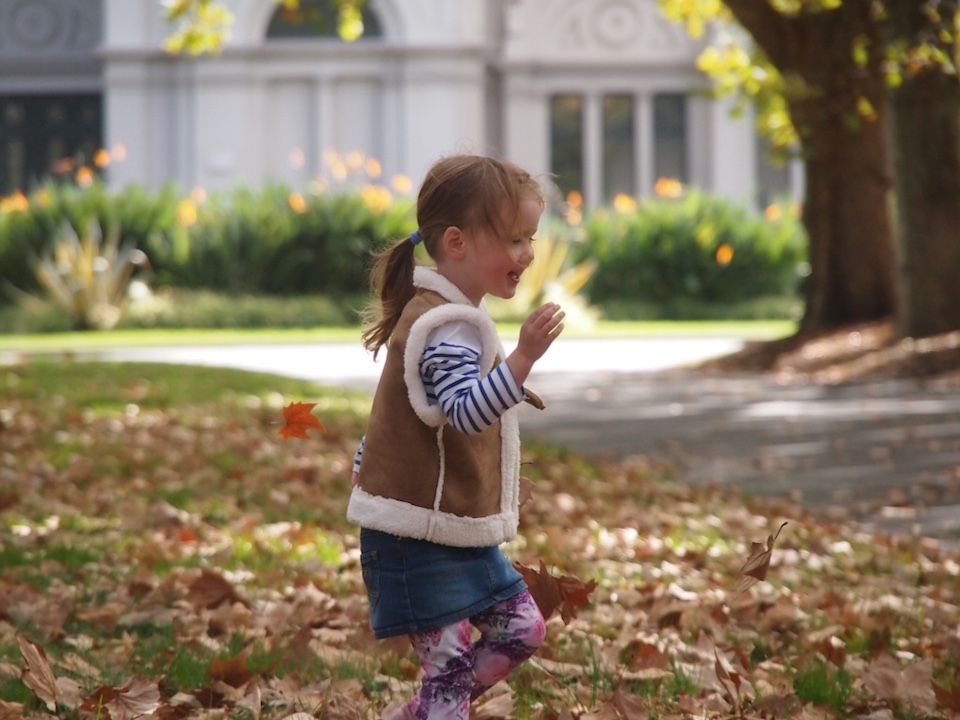
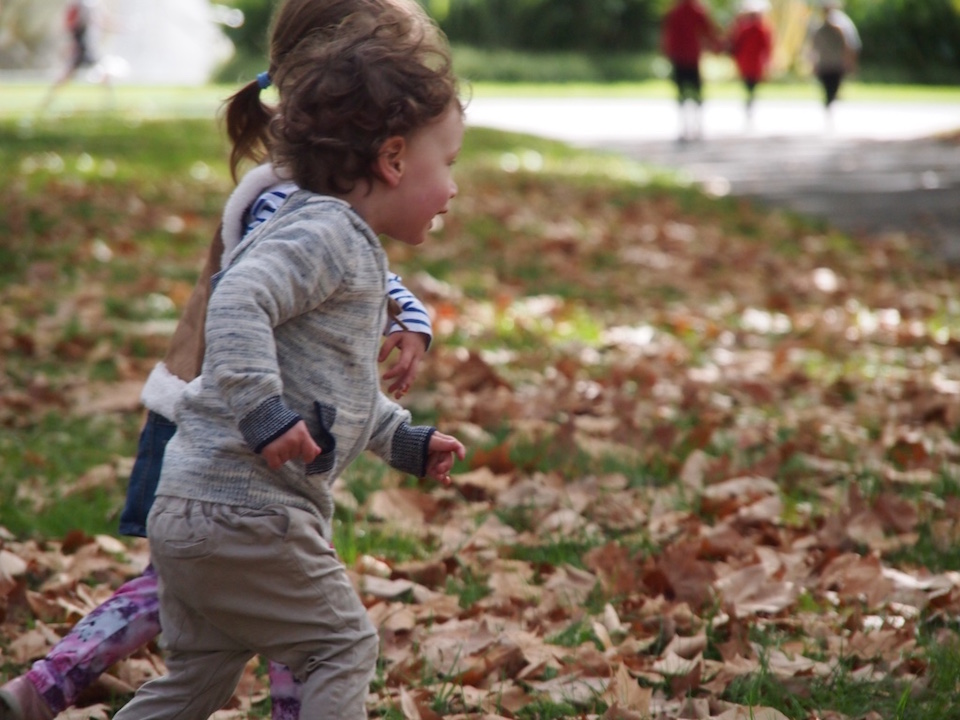
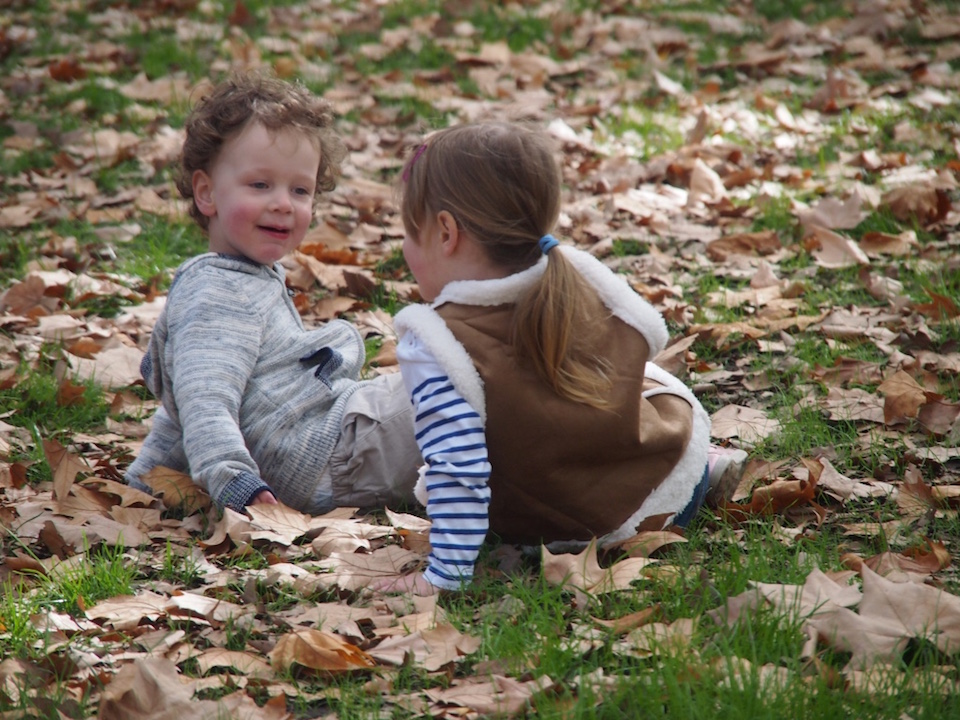
Scout (rubbing her belly): These pancakes are delicious. My tummy says yum-my.
Ralph (rubbing his belly): My yellow t-shirt says YUMMY too.
At bed time...
Scout: I love you to the aliens' planet, and a million.
Ralph: I love you to my rocket ship and I also love the aliens' planet.
At another bedtime, when their father was overseas...
"I love you past the aliens' planet and all the way to Daddy!"
During a book photoshoot...
Me: This photo is supposed to tell a story. It is cold and rainy outside. But inside, the person is all cosy and warm, snuggled into blankets on the couch, drinking tea and reading a letter from a friend. Maybe they have just gotten up to make some toast...
Scout: Can I be that person? (pause) And can you make me some toast?
Scout (cuddling her dolly): Do you wish you were as good at Mummying as me?
Me: Yes!
Scout: It's ok, don't cry. You did TEACH me how to do it.
Scout: Ring ring! Hello moon? Moon? Can you come down please?
At bed time...
Me: Thank you for a really good day.
Scout: Thank you for being a really good Mummy.
Ralph: Can I bounce a ball on your head?
Season of mists and mellow fruitfulness
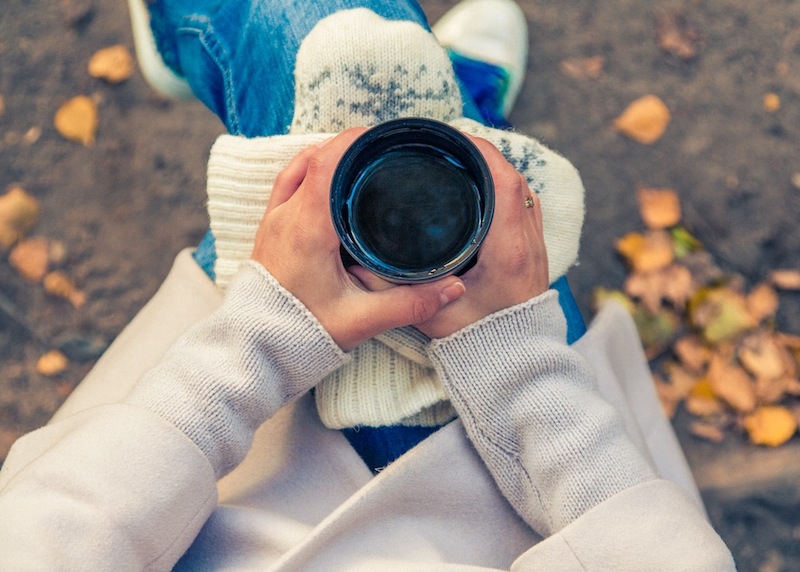 Season of mists and mellow fruitfulness,
Close bosom-friend of the maturing sun;
Conspiring with him how to load and bless
With fruit the vines that round the thatch-eaves run
- John Keats
Season of mists and mellow fruitfulness,
Close bosom-friend of the maturing sun;
Conspiring with him how to load and bless
With fruit the vines that round the thatch-eaves run
- John Keats
Earlier this week there were two whole days that felt, at last, like autumn. Cold mornings, a touch of wind. On our path along Rathdowne Street, the first of the leaves were starting to fall. Scout looked up at me from kicking the leaves. "Is it real autumn yet?" The children can't quite grasp how the calendar can say autumn on a 39 degree day. I'm finding that a little hard to accept, too.
Autumn is a shedding, a paring back. The trees shed their leaves, I shed the weight of summer and step out alive into the day. Relief. On the weekend, riding home in the pram after going out for dinner, a cool wind lifted Ralph's curls. "Are you cold" I asked him, "would you like a cardigan?" Ralph spread his arms wide in the air, all goose-pimply and pale, relishing the unfamiliar sensation of cold on his skin. "No thank you," he said. "It lovely!" My own boy.
Right now the soil in our garden is radiating heat, holding onto the indian summer like buried coals in sand. But I am hopeful, hopeful that soon - any day now! - the "season of mists" will finally roll through. Buoyed by that hope, today I have been choosing bulbs to plant in my garden after Easter. I'm thinking bluebells, lily-of-the-valley, and then a riot of ranunculus for colour.
Also I'm supposed to be detoxing but last night I ate two hot cross buns while watching the Bachelor finale.
Maybe it really is autumn.
Image credit: Maria Shanina, licensed for unlimited use




